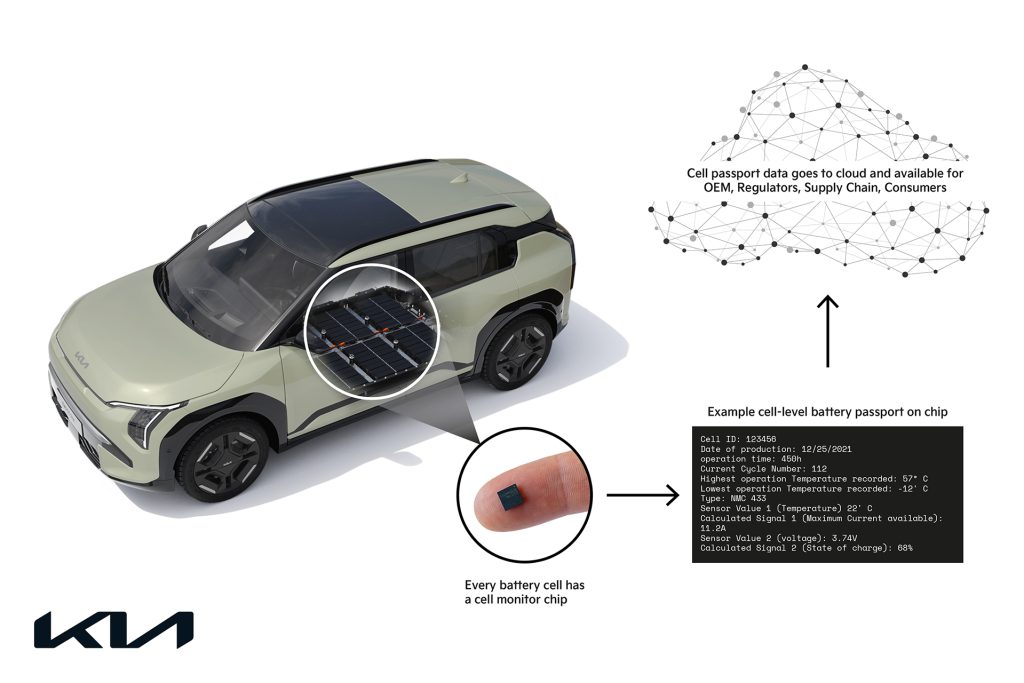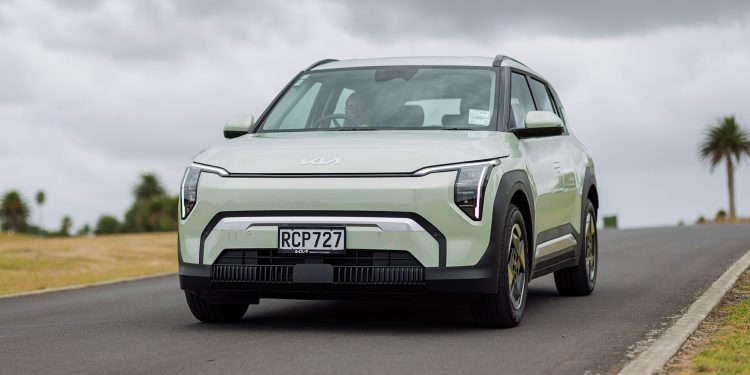Kia pioneers battery passport technology ahead of EU rollout
Kia has taken a step toward greater electric vehicle battery transparency and sustainability, launching Europe’s first public trial of a battery passport at the cellular level. The project, led by Kia Europe, is part of a broader initiative to meet upcoming EU regulations requiring all EVs sold in Europe to include a digital battery passport by 2027.
The trial uses a Kia EV3 prototype fitted with a Dukosi cell-monitoring system, which allows real-time tracking of individual battery cells. This data can be accessed by owners, technicians, and regulators through the vehicle’s infotainment system, providing live insights into the State of Health (SoH) of each cell.

Marc Hedrich, President and CEO of Kia Europe, said the technology aims to redefine how customers interact with their EVs.
“Kia aims to set a new standard for customers regarding battery transparency and performance,” Hedrich said. “Through testing cell-level battery passports, we gain insights on what ownership benefits we can offer our customers. On top of advantages such as extended battery life, we will be building on a relationship of trust as well.”
Read more – 2025 KIA EV3 Light Review
Unlike conventional systems that measure only overall battery health, Kia’s cell-level monitoring provides precise diagnostics and repair capabilities. This allows mechanics to replace individual cells rather than entire modules, reducing maintenance costs and waste. It also gives used EV buyers greater confidence, potentially boosting resale values and supporting a more circular battery economy.
Beyond the trial, Kia has also established a dedicated internal organisation to develop a full-scale battery passport service. Working with industry partners, Kia plans to go beyond regulatory requirements by including additional safety data and repairability insights. The company intends to roll out this system across all Kia EV and hybrid models sold in Europe by February 2027.
The trial is part of a multi-partner European research effort, coordinated by Delft University of Technology and Hyundai Motor Group, with support from the EU-funded DATAPIPE project. It explores how digital product passports can improve traceability, recycling, and end-of-life battery management.





